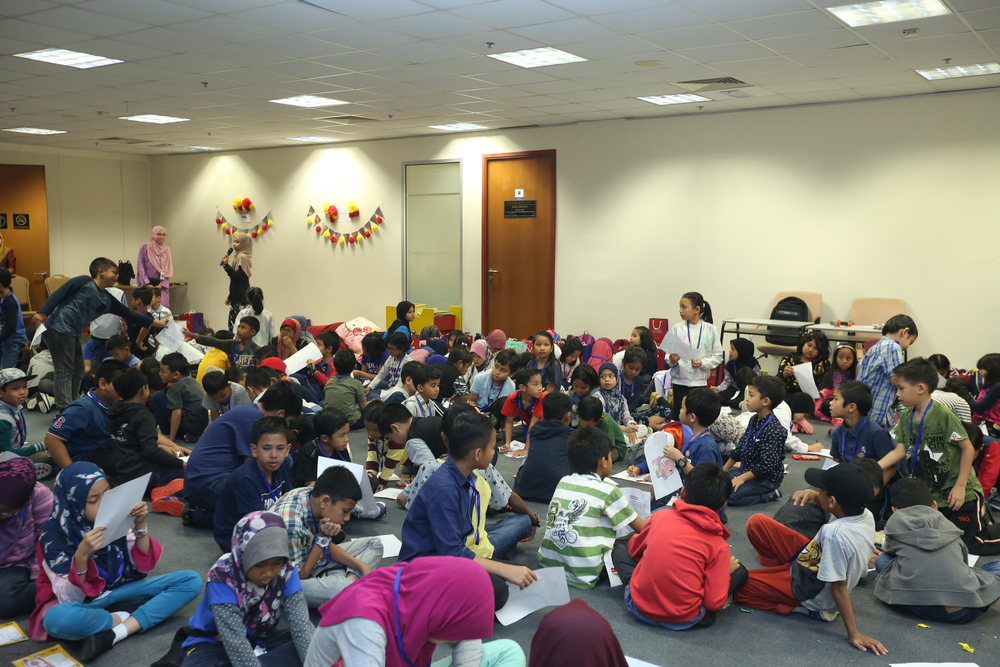Should We Conduct Mixed Classes at Our Islamic School?
Answered by Ustadha Shazia Ahmad
Question
We’re a homeschooling family in a Muslim community. We are seeking advice for gender mixing during lessons and STEM activities as our kids grow past 10. Some see benefits in learning to interact, while others worry about modesty and close contact. Ages range from 8 to 12 years old, with differing maturity levels. We are looking for Islamic guidance on pre-puberty gender interaction. Your insights are appreciated.
Answer
Thank you for your question. May Allah reward you all for your home-schooling efforts, I pray that Allah gives success to all the children in this world and the next.
Guidelines
I am not familiar with homeschooling as I haven’t done it myself, but I can convey what I saw in the Middle East, where I lived for many years. Children are taught to start behaving like adults, in terms of following the shari‘a, from ten years old. They are encouraged from seven years old, but not strictly. A child who wishes to follow shari‘a standards, even at six years old, is always praised, and not forced, for example, to shake a woman’s hand.
Do Your Best
As far as some homeschooling efforts that I have seen across the world, segregating the classes requires many resources and is not always affordable. I encourage you to do the best you can. In sha Allah, if the teachers and staff are God-fearing, their behavior and guidance will be enough to show the students how to set limits with the opposite gender.
Allah Most High has told us, “So keep your duty to Allah as best ye can, and listen, and obey, and spend; that is better for your souls. And whoso is saved from his own greed, such are the successful.” [Quran, 64:16]
Resources
The guidelines for gender interaction are here, please go through them carefully:
Please see these links as well:
- Mixed Schools and Talking to Other Students
- Is It Haram to Go To a University In a Mixed Environment?
- Raising Children with Deen and Dunya
[Ustadha] Shazia Ahmad
Checked and Approved by Shaykh Faraz Rabbani
Ustadha Shazia Ahmad lived in Damascus, Syria, for two years, where she studied aqidah, fiqh, tajweed, tafsir, and Arabic. She then attended the University of Texas at Austin and completed her Master’s in Arabic. Afterward, she moved to Amman, Jordan, where she studied fiqh, Arabic, and other sciences. She later moved back to Mississauga, Canada, where she lives with her family.
